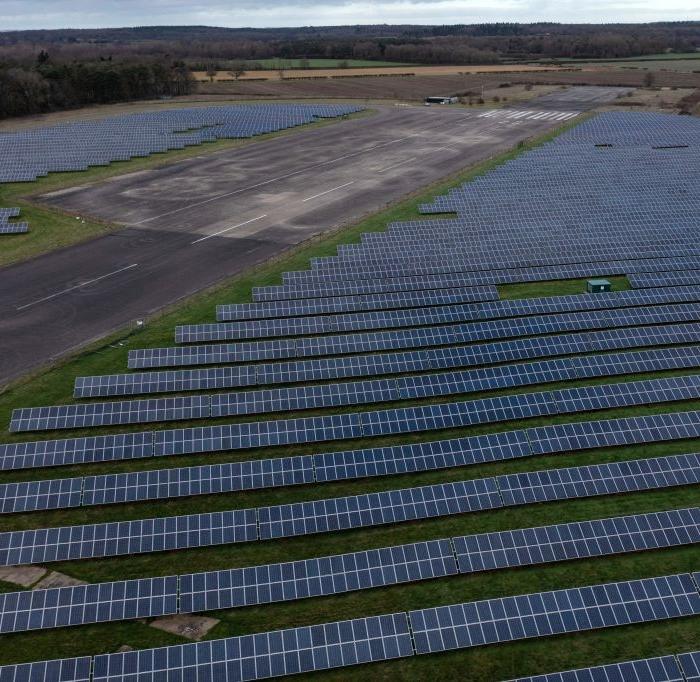The government has set out reforms to the local authority planning system aimed at speeding up the rollout of renewable energy projects, including solar, across the country.
On Tuesday, as Deputy Prime Minister and Housing Secretary Angela Rayner released an overhaul of the planning rules, the government also announced a consultation on what local authorities can do to increase support for renewable energy schemes.
The government said that it is seeking amendments to “direct decision makers to give significant weight to the benefits associated with renewable and low carbon energy generation, and proposals’ contribution to meeting a net zero future.”
“In doing so, this aims to increase the likelihood of local planning authorities granting permission to renewable energy schemes and contributing to reaching zero carbon electricity generation by 2030,” it added.
‘Make Refusals Less Common’
The industry group Solar Energy UK welcomed the change in planning rules for solar projects and said that one of the consultation’s most critical aspects concerns the use of agricultural land.Campaigners are concerned that huge solar farms will remove high-quality agricultural farmland from food production. However, the solar industry has previously said that the idea that such sites “form a meaningful threat to the UK’s food security is nothing more than a myth.”
On Wednesday, Solar Energy UK said in a statement that the proposed changes “would effectively remove a fundamental disparity between how applications for solar farms are considered by central and local government.”
‘Free Pass’
However, critics said that the changes go well beyond solar and, in effect, attempt to give renewable energy a “free pass.”John Constable, director of the Renewable Energy Foundation, a UK charity publishing data on renewable energy, told The Epoch Times by email that the idea is “extremely controversial.”
“At the heart of the UK’s land use planning system is the balance of benefits and harms arising from a proposal,” he said.
However, he said he believes that Miliband is trying to “bias that decision-making process by creating a prejudice in favour of renewable energy.”
“That prejudice is created by exaggerating the benefits, in terms of climate change and energy security, and minimising or even ignoring the downsides both environmental and economic.”
He said that renewable energy, particularly wind and solar, is “physically inferior, being of high entropy. It is therefore very expensive and unreliable.”
“If judged rationally, renewable energy proposals would invariably fail the planning balance test, because their harms and costs hugely exceed benefits. These proposed ’reforms’ will distort the planning system and guarantee major local environmental harm and vast malinvestment. This is a very bad idea and will be extremely controversial,” he added.
The Epoch Times contacted the Department for Energy Security and Net Zero for comment.







